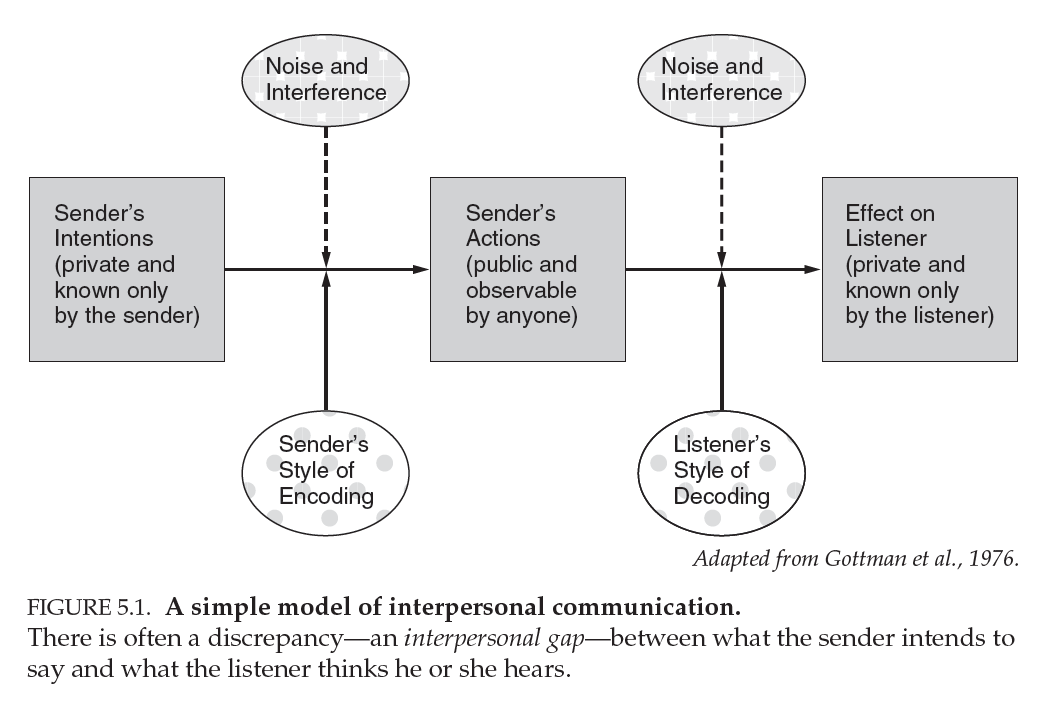Exploring the Depths of 1 Peter 3:1-7 Commentary: Insights for Modern Relationships
In the quest for understanding the intricacies of human relationships, particularly within the context of marriage and family, the biblical passage of 1 Pet……
In the quest for understanding the intricacies of human relationships, particularly within the context of marriage and family, the biblical passage of 1 Peter 3:1-7 offers profound insights that resonate even in today’s society. This 1 Peter 3:1-7 commentary delves into the rich layers of meaning embedded in these verses, providing a comprehensive analysis that not only reflects on the historical context but also applies to contemporary life.
1 Peter 3:1-7 addresses the dynamics of marital relationships, focusing on the roles of wives and husbands. The passage begins with a directive for wives to submit to their husbands, a concept that often sparks debate and misunderstanding. However, this 1 Peter 3:1-7 commentary emphasizes that submission is not about inferiority or oppression; rather, it is a call for mutual respect and partnership. The text encourages wives to win over their husbands through their conduct, highlighting the power of a gentle and quiet spirit.

The commentary further explores the cultural context of the early Christian community, where the roles of women were often limited. By encouraging women to embody strength through gentleness, Peter elevates their status and influence within their families and communities. This perspective challenges the contemporary notion of power and authority, suggesting that true strength lies in character and integrity.
Moving to the husbands, the passage instructs them to be considerate and respectful towards their wives, recognizing them as equals and heirs of God’s grace. This critical aspect of the 1 Peter 3:1-7 commentary underscores the importance of mutual respect in a marriage. Husbands are called to nurture and cherish their wives, fostering an environment where love and understanding can flourish. This reciprocal relationship is foundational for a healthy and thriving marriage.

Moreover, the commentary addresses the spiritual implications of this passage. Peter emphasizes that the way couples treat each other can affect their prayers and relationship with God. This principle serves as a reminder that our interpersonal relationships are deeply intertwined with our spiritual lives. By fostering love, respect, and understanding within the marriage, couples can enhance their spiritual connection and experience greater fulfillment in their faith journey.
In today’s fast-paced world, where relationships often face numerous challenges, the teachings found in 1 Peter 3:1-7 remain relevant. This 1 Peter 3:1-7 commentary encourages couples to reflect on their interactions and strive for a partnership built on love, respect, and mutual support. It calls for a shift in perspective, where both partners recognize their roles not as hierarchical but as collaborative, working together to build a strong foundation for their family.

In conclusion, the 1 Peter 3:1-7 commentary serves as a valuable resource for anyone seeking to deepen their understanding of biblical principles in marriage. By examining the text through both historical and contemporary lenses, we can uncover timeless truths that guide us in our relationships. Whether you are married, engaged, or simply exploring the concept of partnership, the insights gleaned from this passage can inspire and transform your approach to love and commitment. Embracing these teachings can lead to healthier, more fulfilling relationships that honor both partners and reflect the love of Christ.